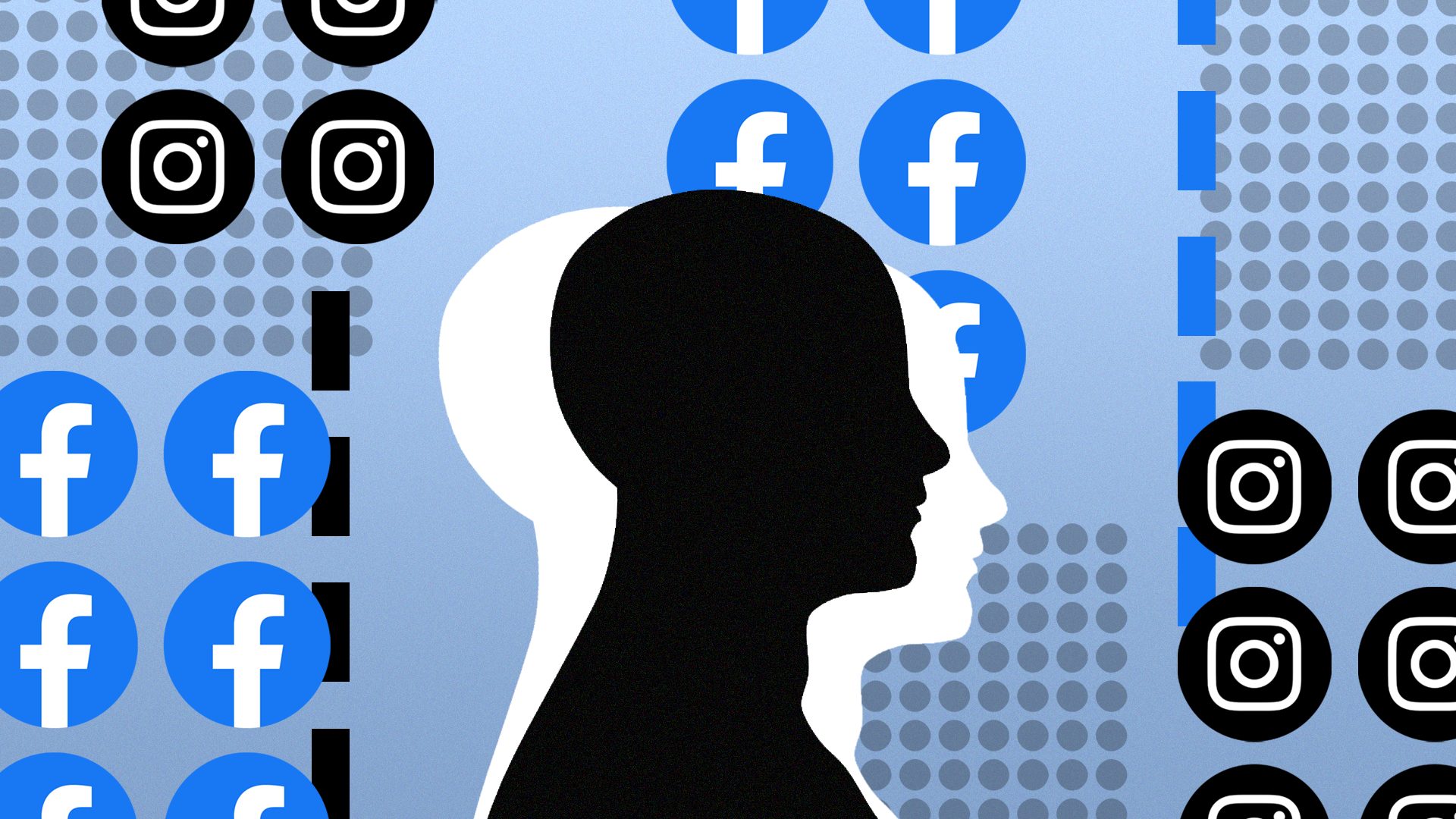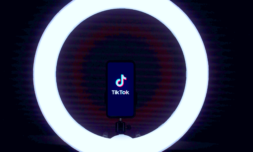What does verified ID do?
By enforcing the use of ID to gain access to social media, trolls who usually rely on spam accounts will no longer be able to hide behind the veil of anonymity.
Spam accounts are often used in online attacks because users can create temporary profiles with no connections to the perpetrators themselves.
Fake names, no pictures, and temporary email addresses all ensure that these individuals are able to evade accountability and continue to hurl abuse from the safety of their screens.
The comments they make and the accounts themselves are inevitably reported and often taken down but without any traceability, there is nothing to stop trolls from simply making another account.
The requirement of a valid ID to create a social media account tackles this problem in two ways; not only does it prevent the proliferation of mayfly accounts and puts a stop to continued cycles of reporting, but also removes the appeal of anonymity.
Users will no longer be able to stay detached from their words. Any form of hate speech, bigotry, or abuse will be immediately connected to an individual and they can be held accountable.
It’s clear to see the appeal of such a law: a deterrent to those who would normally send abuse anonymously as well as a way for those who do to be tracked and face justice.
What about the Online Safety Bill?
The UK government has already responded to this petition by pointing to the Online Safety Bill draft which aims to make social media platforms and companies responsible for removing this kind of ‘legal’ abuse.
The act imposes a ‘duty of care’ on these companies to remove ‘harmful content’ that is currently legal but still deemed harmful.
However, the draft has already attracted criticism from both sides – those who think it goes too far and those who think it doesn’t go far enough.
Some argue that the bill encourages over-censorship and attacks free speech. Vocal voices believe the bill poses a risk and a restraint on LGBTQ youth, sex workers, undocumented immigrants, and asylum seekers, and that it is an ineffective tool against trolls.
Price and supporters of the petition, meanwhile, suggest that it doesn’t go far enough in ‘making online abuse a specific criminal offence.’ The petition and Harvey’s Law intends to correct this perceived oversight.
Who may suffer?
Whilst a verification requirement may seem like a great idea initially, some users have been quick to point out that the proposed restrictions may prove more harmful than beneficial.
Anonymity is not always malignant. Many users rely on the invisibility that anonymous profiles provide, such as whistle-blowers and journalists. These are two groups that use anonymity to expose corruption and malpractice, often at the expense of the government.
By forcing individuals to hand over their identity and details, critics argue that we will silence critical voices that help expose truths.
Another stipulation of the petition that has cause concern is that those under 18 would require the verification of a parent or guardian.
Tom Hayes (@PositiveLad), HIV awareness advocate, points out that there are ‘young LGBTQ people’ using social media who are ‘still finding out who they are’ without their family knowing. Requiring a parent’s ID for social media may involve the non-consensual outing of LGBTQ youth into unsupportive or abusive families.
These young people will be unable to express themselves online or find one of the many support networks that exist on social media.
Hayes also talks about his own experience using Twitter to share his HIV diagnosis and mental health journey – something he ‘wouldn’t have shared’ if he had to link it to his government ID. To not have such an influential figure raising awareness of HIV would surely have been a loss to his 19,000 followers.
What about those without IDs?
According to the Electoral Commission, there are approximately 3.5 million people in the UK who currently have no access to ID.
Whether this is due to lack of funds (a standard UK passport costs £85) or their citizenship status, a lack of ID would bar all these individuals from social media.
Requiring social media IDs is a contentious issue to say the least, especially in recent weeks with heightened reports of online trolls and racist and ableist attacks.
However, this may not be the panacea that some seem to believe. Before signing petitions either way, consider the arguments on both sides and decide for yourself if you agree. Perhaps there is a middle ground somewhere that protects the safety of all – but we’ve yet to fully work that one out.





















